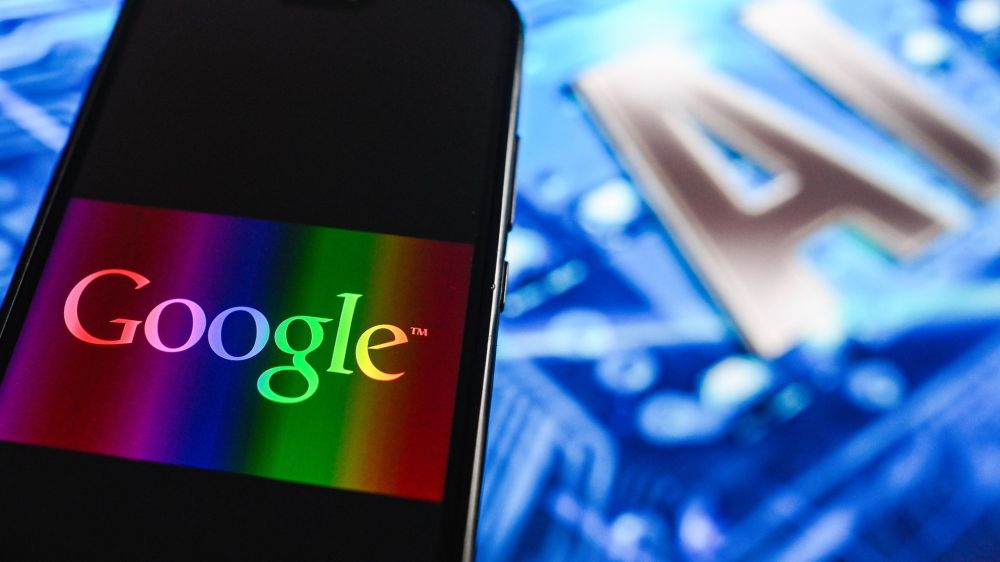- Google has dropped its pledge to not build AI systems for weapons. The company cited the need for free countries to use its technology for national security purposes due to an increasingly complex geopolitical landscape.
- Experts have mixed reactions to Google’s decision, with Geoffrey Hinton criticizing it as prioritizing profits over safety, while Andrew Ng supports the change, advocating for more tech companies to work with the government on national security.
- Google is involved in various military projects, including Project Nimbus with the Israeli military, which has sparked protests among employees concerned about the use of AI in conflict zones like Gaza.
Full Story
Experts in the world of artificial intelligence have reacted to Google’s change in its AI weapons plan. The tech giant dropped its pledge to not build AI systems for weapons.
What was Google’s AI weapon plan?
In 2018, activists protested the company’s Project Maven. The project was a partnership with Google and the Pentagon to use machine learning technology to identify potential targets, among other functions.

Download the SAN app today to stay up-to-date with Unbiased. Straight Facts™.
Point phone camera here
Following the protests, Google enacted an AI weapons plan. That plan states that the company won’t put AI technology into weapons.
Why did Google change its plan?
Google said it changed its plan because free countries need to use its technology for national security purposes. Google officials cited an “increasingly complex geopolitical landscape.”
Google’s AI head Demis Hassabis said the company believed, “democracies should lead in AI development” that was guided by “freedom, equality, and respect for human rights.”
What are experts saying?
Experts have both defended and criticized Google’s change.
Geoffrey Hinton, who is called the “godfather of AI” and pioneered Google’s work in the technology, said the company is putting profits over safety.
“It is another sad example of how companies behave when there is a conflict between safety and profits,” Hinton said.
Hinton joined Google in 2013 after he developed the neural network technology at the University of Toronto the year before. He left the company in 2023, saying he quit because he wanted to criticize companies and their decisions on AI.
However, other AI experts are happy with Google’s decision.
The man who founded and led Google Brain, Andrew Ng, supported the decision.
“I’m very glad that Google has changed its stance,” Ng said on Thursday, Feb. 6.
Ng said that more technology companies should work with the American government on national security.
Ng didn’t work at Google when the Project Maven protests happened. When he did work for the company, he was key in shaping Google’s AI efforts and its neural network.
What does this mean for Google?
Google’s blog post announcing the change did not say if the company made the change for a specific project. However, the company is currently involved in projects with groups around the world.
Both Google and Amazon are involved with the Israeli government on Project Nimbus. In April 2024, at least 28 employees were fired after arranging a sit-in to protest the company’s work.
According to the Israeli government, the country and the companies agreed on a $1.2 billion contract. The contract would allow both companies to provide the Israeli government with cloud computing services.
Google officials said the project does not handle highly sensitive information and deals with workloads related to finance, healthcare and transportation.
During the Project Nimbus protests, some said they were worried about Israel’s current use of AI targeting in Gaza during the Israeli-Hamas war.
 Getty Images
Getty Images
 Getty Images
Getty Images
 Getty Images
Getty Images